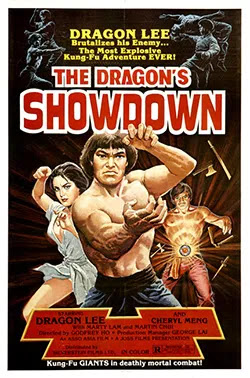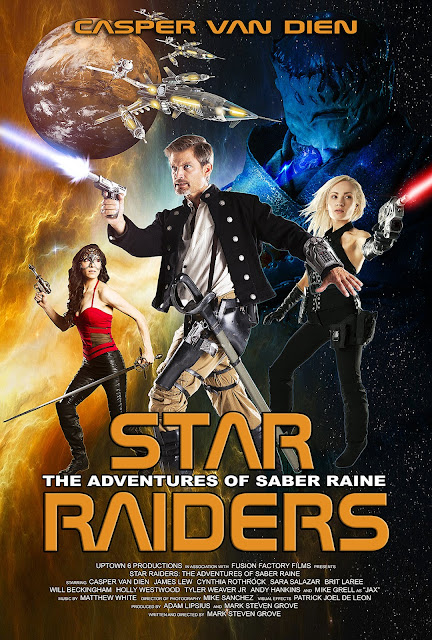
PHENOMENALITY: *marvelous*
MYTHICITY: poor*
FRYEAN MYTHOS: *adventure*
CAMPBELLIAN FUNCTION: *metaphysical, psychological, sociological*
Since I have a suspicion that the MCU will screw up the X-Men worse than anything in the Singer-verse, I wanted the last one-- written and directed by Singer's sometime collaborator Simon Kinberg-- to be exceptional, at least in some small way. And I guess that's what I got, though there weren't that many little things to like.
It sounded promising when I first read that Kinberg wasn't happy with X-MEN: THE LAST STAND, the franchise's previous adaptation of the "Dark Phoenix saga," on which he Kinberg had collaborated. However, PHOENIX displays many of the worst problems of the Singer X-Men: a cavalier disregard for carefully building the appeal of the ensemble characters and the over-emphasis of particular fan-favorites at the expense of the whole. (At least by 2019 Hugh Jackman had done LOGAN, ostensibly concluding his run with the role of Wolverine, but that doesn't keep Kinberg from shoe-horning Michael Fassbender's Magneto into a story where he really has no coherent part to play.)
Thanks to the reboot of the first X-Men continuity in DAYS OF FUTURE PAST, Kinberg could ignore Jean Grey's previous incarnation of the Phoenix. However, he also pole-vaults over X-MEN APOCALYPSE (set in 1983) by setting PHOENIX in 1992. In addition to the indispensable Jean Grey, the script keeps Cyclops, Beast, Mystique, Storm, Quicksilver and Nightcrawler, as well as the actors portraying them. But jumping ahead so far also liberates Kinberg from the need to say what happened to other X-members from APOCALYPSE, like Psylocke, Jubilee, Havok and Angel. The result is that the viewer doesn't really know where the characters stand at the film's opening, with the exception of Jean Grey.
For Jean we get an extended flashback showing how as a child she accidentally killed her mother, which resulted in her father spurning his daughter by consigning her to Xavier's school. The script hammers in the point that Jean's been made psychologically unstable by her trauma, and later she'll contend with her "new father" Charles Xavier for manipulating her to become a member of his superhero team.
One small pleasure of the opening, though, is that in 1993 the X-Men have redeemed themselves enough that when they board a rocket to rescue astronauts on a damaged space shuttle, the populace actually cheers for them. To be sure, Kinberg only dangles this moment of traditional heroism in front of the viewer in order to snatch it away later.
In the process of saving the astronauts, Jean is irradiated by a mysterious cosmic force that amplifies her power to godlike levels. She confronts the father who deserted her, causing both the X-Men and the local cops to attempt stopping her. Jean's interference with the cops puts her on the law's wanted list, while during Jean's altercation with her partners, Mystique is accidentally killed.
Mystique's death provides a very anti-climactic conclusion to the long running arc of how her character was the "bone" over which Xavier and Magneto competed, but it does provide Kinberg with a reason to squeeze the master of magnetism into the flick. Jean, overflowing with both power and grief, seeks out her former foe, who out of nowhere is suddenly running the mutant colony of Genosha. Magneto doesn't want to give Jean a haven, so although he does defend her somewhat from armed pursuers, Jean flees once again.
During all this, the audience has seen some mysterious persons scoping out Jean, and these turn out to be the remnants of an alien race, the D'Bari. This race had a minor role in the comic-book "Dark Phoenix" continuity, but the film elevates them into antagonists. They reveal to Jean that she's become the incarnation of a cosmic force, the Phoenix, which years ago destroyed the homeworld of the D'Bari. The survivors of that catastrophe dogged the trail of the Phoenix until the cosmic force invested itself in Jean, at which point the aliens convince Jean to transfer her power to one of their number, Vuk (Jessica Chastain). However, when it's revealed that the D'Bari intend to use the Phoenix-power for evil ends, the X-Men must enter the fray.
The basic plot is serviceable, but none of the character bits are compelling, and so even "big events" like Mystique's death and the conflict of Jean and Xavier fail to impress. Sophie Turner does a creditable job with Jean, but at least some of her success stems from the fact that she gets more scenes than any other performer. Extremely consequential questions like "what exactly is the Phoenix" are ignored as if the audience doesn't care as long as there are a lot of fight-scenes-- though the relatively low budget of PHOENIX keeps these from even coming up to the level of APOCALYPSE. One last small pleasure is that PHOENIX, like most of the X-films, largely eschews the Progressive ideology of the MCU productions, though there is one banal moment where an irritated Jean Grey remarks that the group ought to be called "The X-Women."
































